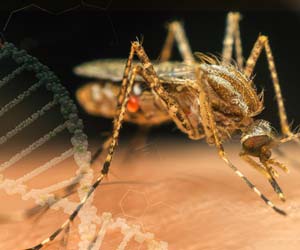Furthermore, the study shows that BA.2.12.1 and especially BA.4 and BA.5 are inhibited worse than their predecessors BA.1 and BA.2 by antibodies generated after vaccination or inoculation followed by infection.
It is because BA.2.12.1, BA.4, and BA.5 are immune escape variants. A pass-through infection with “old” Omicron sub-variants confers only limited protection against infection with “new” sub-variants, the researchers explained.
Treatment for Omicron Subvariants
“These results confirm a trend that we have already seen in previous studies: Omicron sub-variants are not appreciably inhibited by most therapeutic antibodies and the few antibodies that inhibit frequently do so in a subvariant-specific fashion. Therefore, it is important to develop new antibodies in order to be prepared for future sub-variants,” said Prerna Arora, first author from the German Primate Center.
Advertisement
Antibodies from unvaccinated individuals that were infected with BA.1 or BA.2 in spring 2022 neutralized BA.2.12.1 with similar efficiency but were much less potent against BA.4 and BA.5. Therefore, it is likely that a previous BA.1 or BA.2 infection provides little protection against a subsequent infection with BA.4 or BA.5.
Antibodies induced by three immunizations with the mRNA vaccine of BioNTech/Pfizer blocked all Omicron sub-variants. However, inhibition was less efficient as compared to that measured for a virus that circulated early during the pandemic, and inhibition of BA.2.12.1, BA.4, and BA.5 was less efficient as compared to BA.1 and BA.2.A
Similar results were obtained for antibodies induced upon vaccination plus breakthrough infection. Although this so-called hybrid immunity conferred overall higher neutralizing activity against all variants tested, inhibition of BA.2.12.1, BA.4 and BA.5 was significantly reduced.
Source: IANS



